In an era of information overload and digital noise, political campaigns face an unprecedented challenge: how to cut through the clutter and reach voters effectively. 🗳️📊 This is where political research steps in, becoming the unsung hero of modern electoral strategies. But why does it matter so much?
Imagine running a campaign without knowing your audience, their concerns, or the most effective ways to communicate with them. It’s like navigating a ship without a compass in stormy seas. Political research serves as that compass, guiding campaigns through the turbulent waters of public opinion and media landscapes. From fact-checking to data journalism, from social media analysis to bias detection, research tools have become indispensable in shaping the narrative and strategy of political campaigns.
As we delve deeper into this topic, we’ll explore the multifaceted role of political research in modern campaigns. We’ll uncover how it influences media coverage, shapes public perception, and even impacts the very fabric of democracy. Join us as we navigate through the intricate world of political research, examining its impact on everything from social media echo chambers to the watchdog role of journalism in our society. 🔍🗞️

Search this site
Political research has become an indispensable tool in modern campaigns. Candidates and their teams extensively use search functions on various platforms to gather information, track opponents, and stay updated on public opinion. This digital exploration allows campaigns to:
- Analyze voter sentiment
- Monitor media coverage
- Identify trending topics
- Track opponent activities
| Research Method | Benefits |
|---|---|
| Site search | Quick access to specific information |
| Social media search | Real-time public opinion insights |
| News search | Track media coverage and narratives |

Bias, scripts and the polarization of America
In today’s political landscape, media bias and scripted narratives contribute significantly to America’s growing polarization. News outlets often adhere to predetermined scripts, catering to their audience’s existing beliefs and reinforcing ideological divides. This echo chamber effect intensifies political differences, making it challenging for voters to access balanced information.
| Factor | Impact on Polarization |
|---|---|
| Media Bias | Reinforces existing beliefs |
| Scripted Narratives | Limits diverse perspectives |
| Echo Chambers | Amplifies political differences |

Social media: Echo chamber and direct line to the masses
Social media platforms have revolutionized political campaigns, serving as both echo chambers and direct communication channels. Candidates can now bypass traditional media, reaching voters instantly and shaping narratives. However, this direct line also reinforces existing beliefs, creating information bubbles.
| Pros of Social Media in Campaigns | Cons of Social Media in Campaigns |
|---|---|
| Direct voter engagement | Echo chamber effect |
| Rapid message dissemination | Spread of misinformation |
| Cost-effective outreach | Potential for polarization |

Data journalism: Fact-checking, polls and the self-perpetuating cycle
Data journalism plays a crucial role in modern political campaigns. Fact-checking organizations scrutinize claims made by politicians, while polls provide insights into public opinion. This creates a self-perpetuating cycle where data influences political strategies and public perception.
| Aspect | Impact on Campaigns |
|---|---|
| Fact-checking | Holds politicians accountable |
| Polls | Shapes campaign strategies |
| Data analysis | Informs policy decisions |
Data-driven journalism empowers voters with accurate information, enabling them to make informed decisions. However, the interpretation and presentation of data can also be subject to bias, highlighting the importance of critical thinking in consuming political information.

Watchdogs of democracy
- Role of media as democracy’s guardians
- Challenges in modern political landscape
- Importance of investigative journalism
| Function | Impact on Democracy |
|---|---|
| Oversight | Holds leaders accountable |
| Information | Educates the public |
| Investigation | Uncovers corruption |
The media’s role as watchdogs of democracy is crucial in maintaining transparency and accountability in political systems. Journalists serve as the public’s eyes and ears, investigating wrongdoing and exposing corruption. However, the modern political landscape presents challenges to this vital function, with increasing polarization and attempts to discredit legitimate reporting.

Political research plays a pivotal role in shaping modern campaigns, influencing everything from media coverage to social media strategies. As we’ve explored, it impacts how stories are framed, which issues gain traction, and how candidates connect with voters. The interplay between research, media, and public opinion creates a complex ecosystem that can both inform and polarize the electorate.
In this ever-evolving landscape, it’s crucial for voters to approach political information critically. By understanding the mechanisms behind political research and its influence on campaigns, we can become more discerning consumers of political content. As we navigate future elections, let’s commit to seeking diverse sources, fact-checking claims, and engaging in thoughtful dialogue to strengthen our democratic process.
